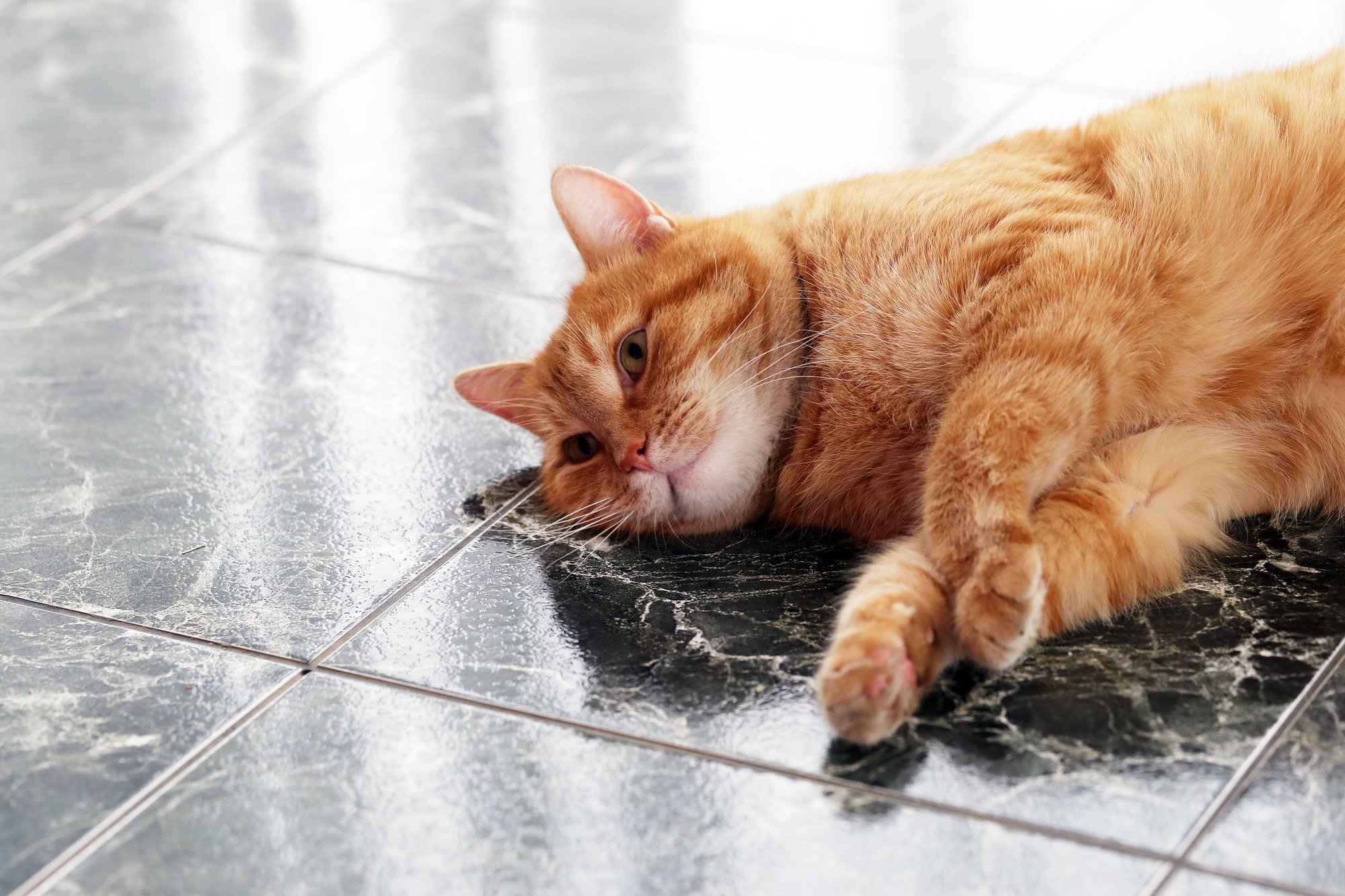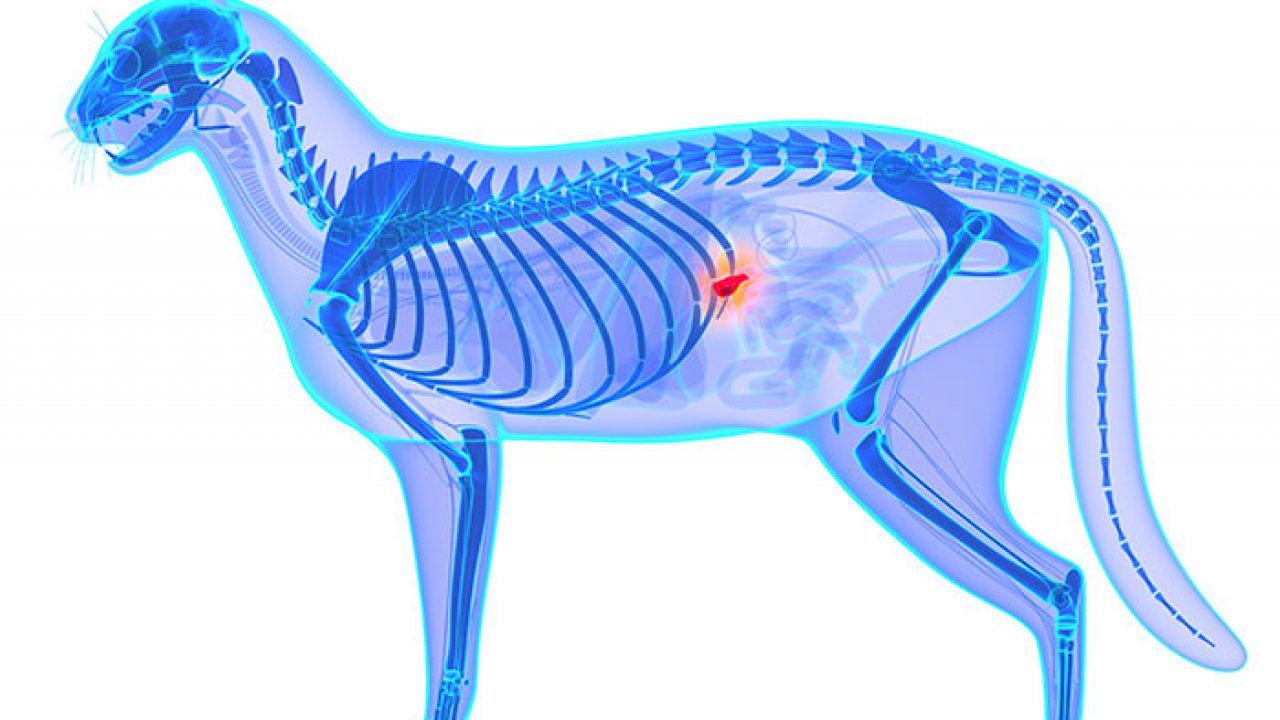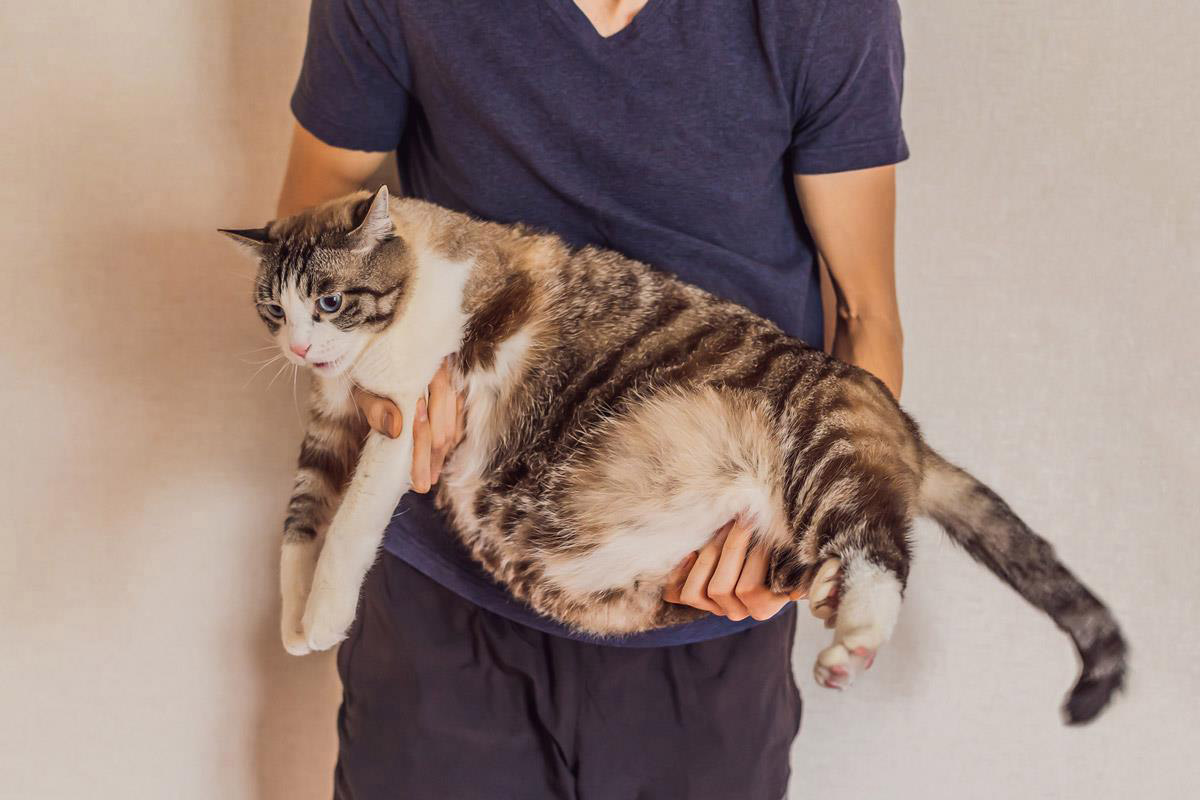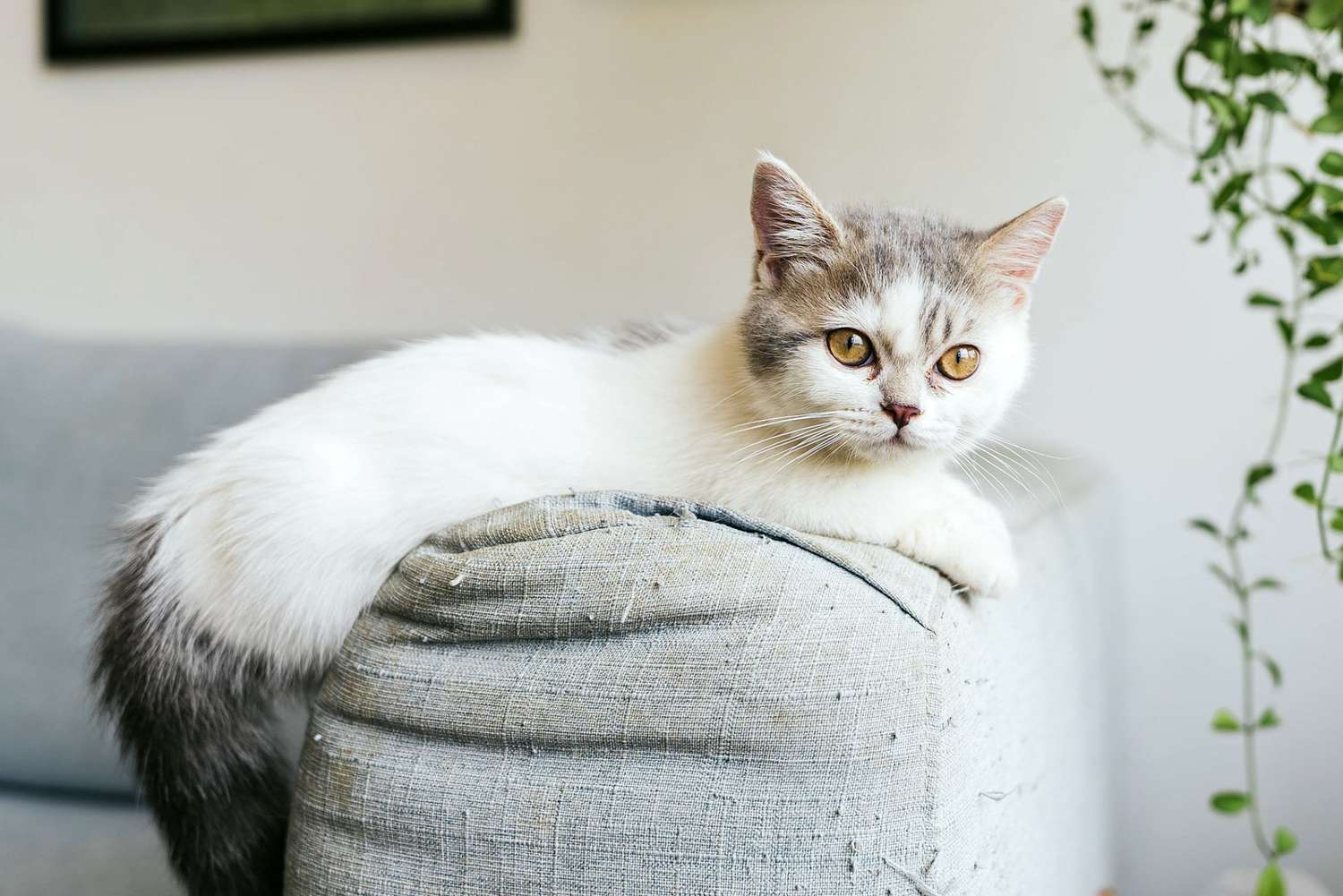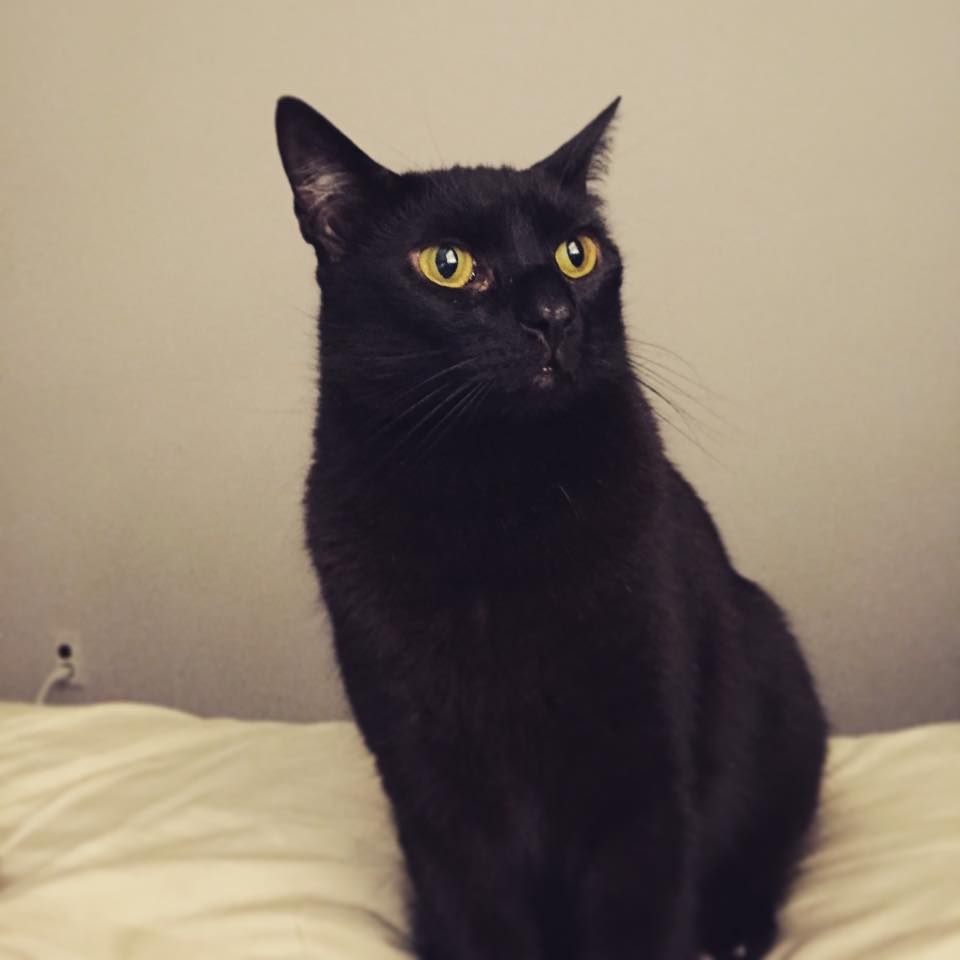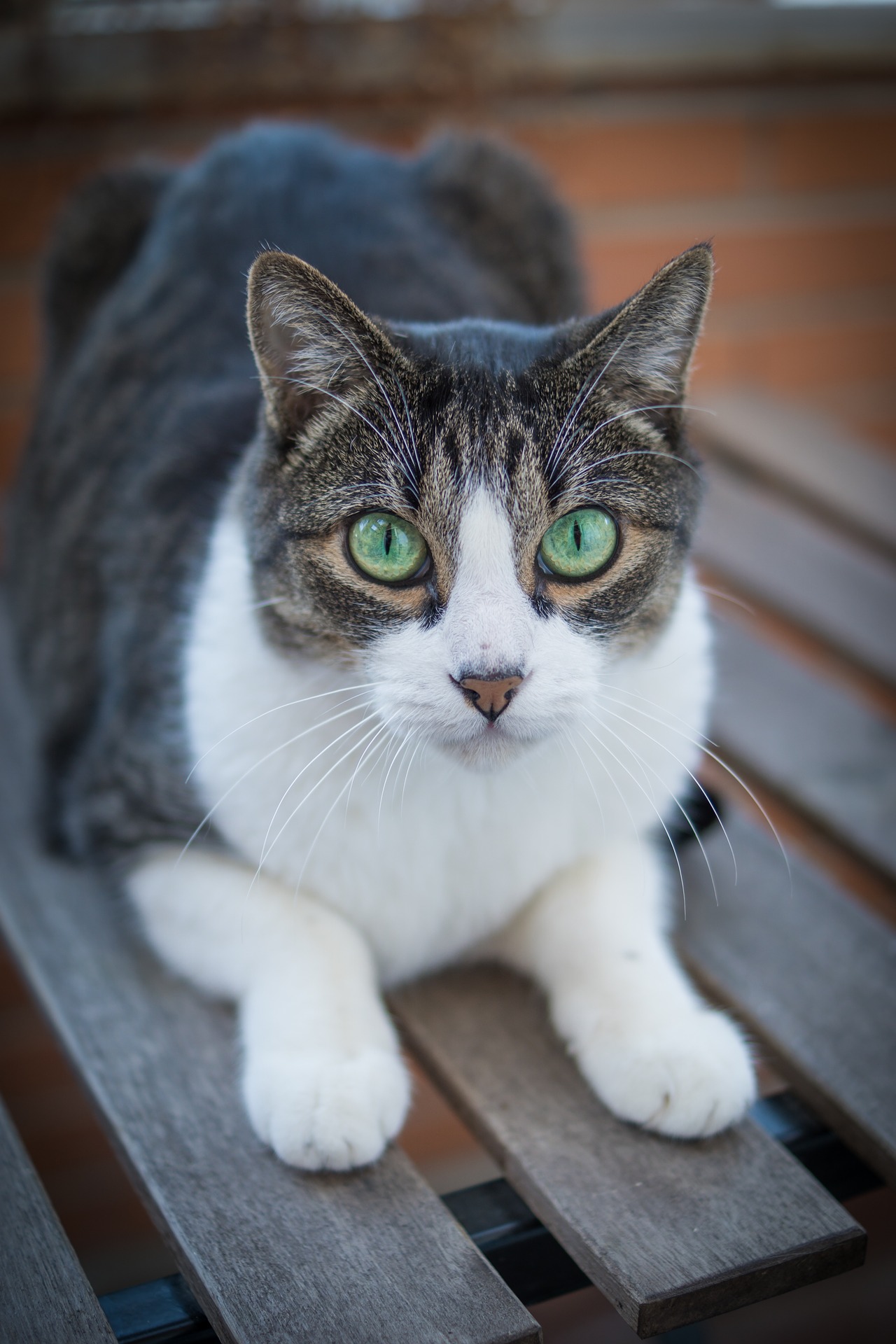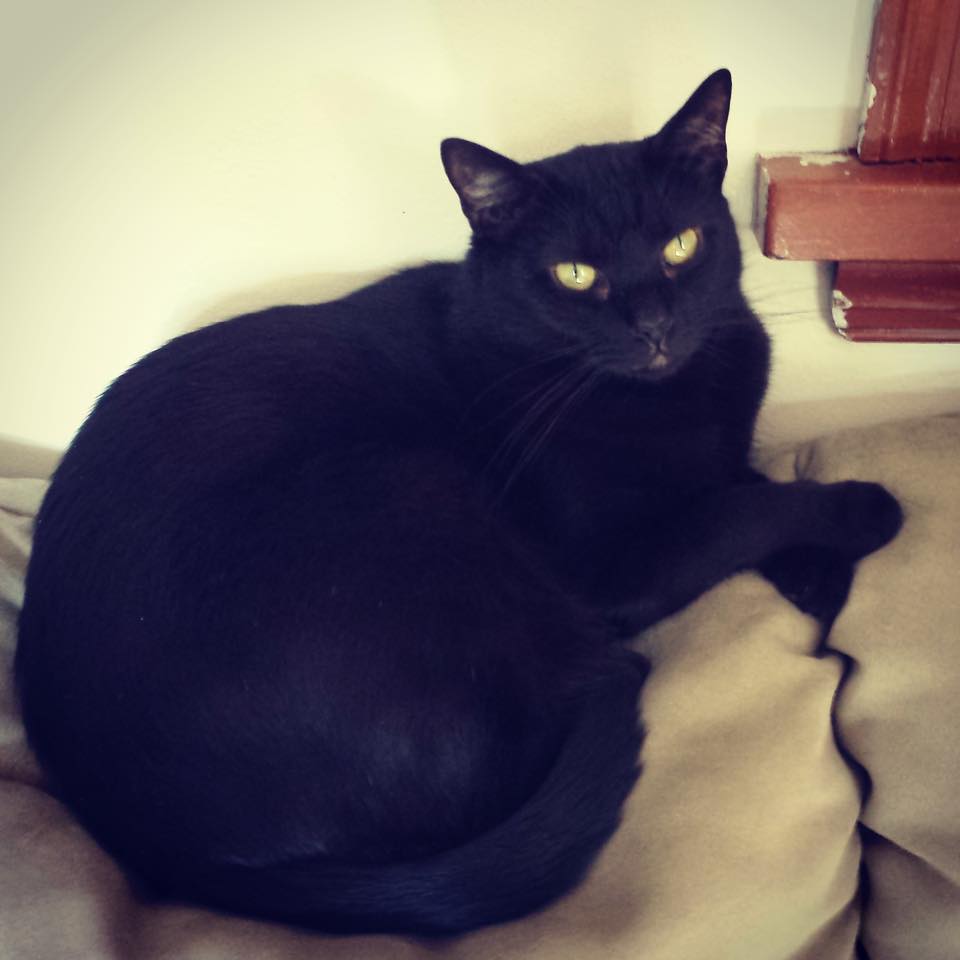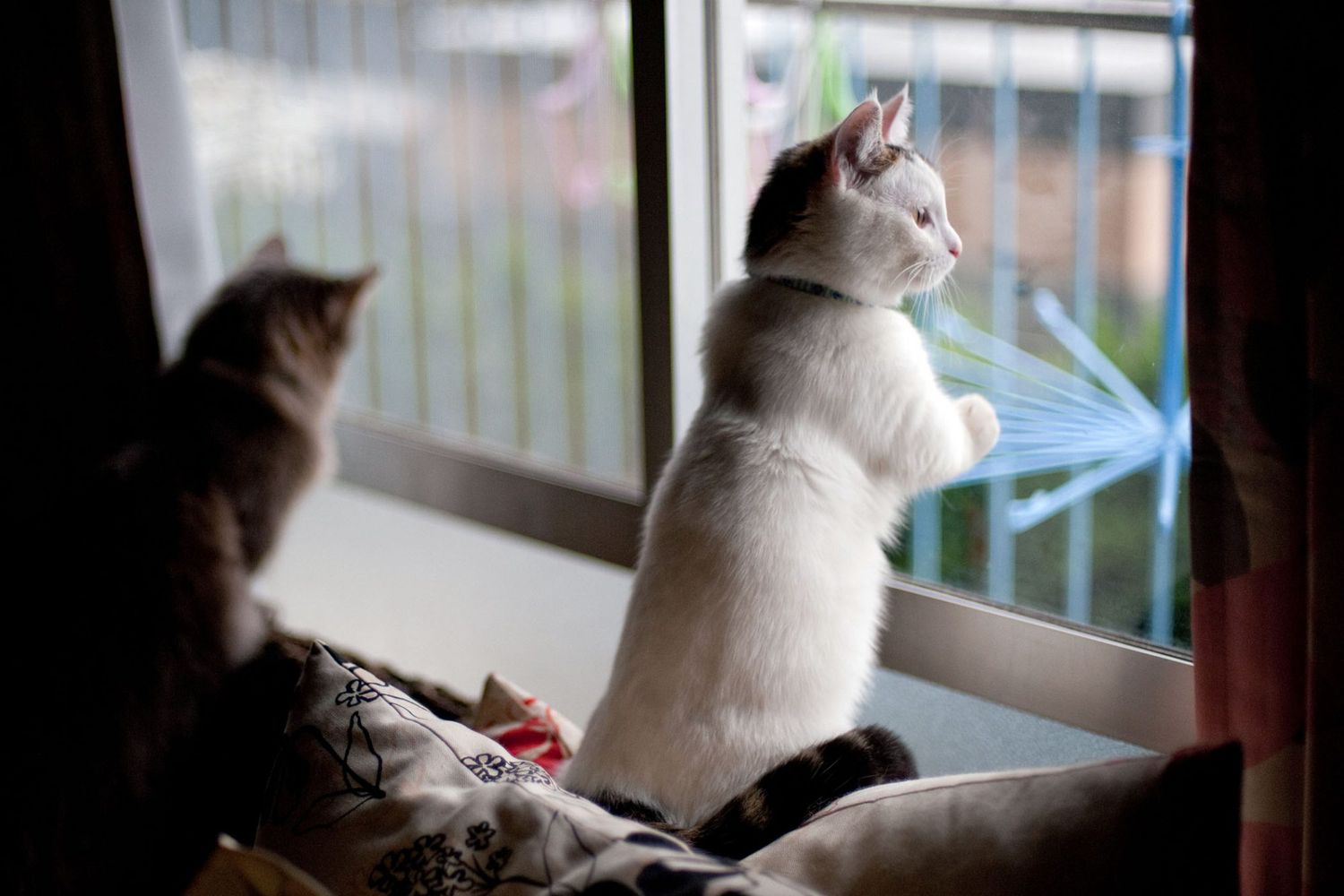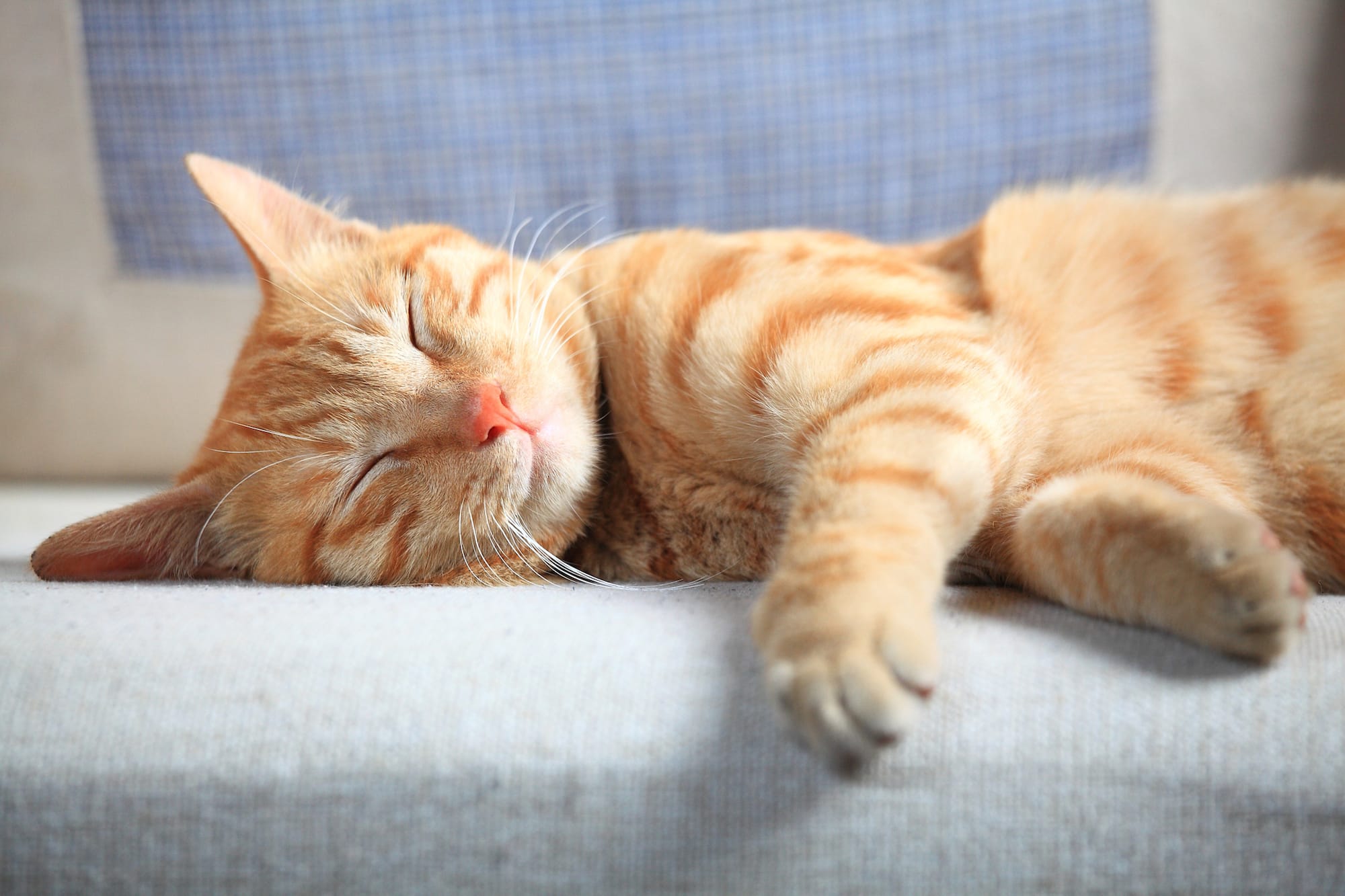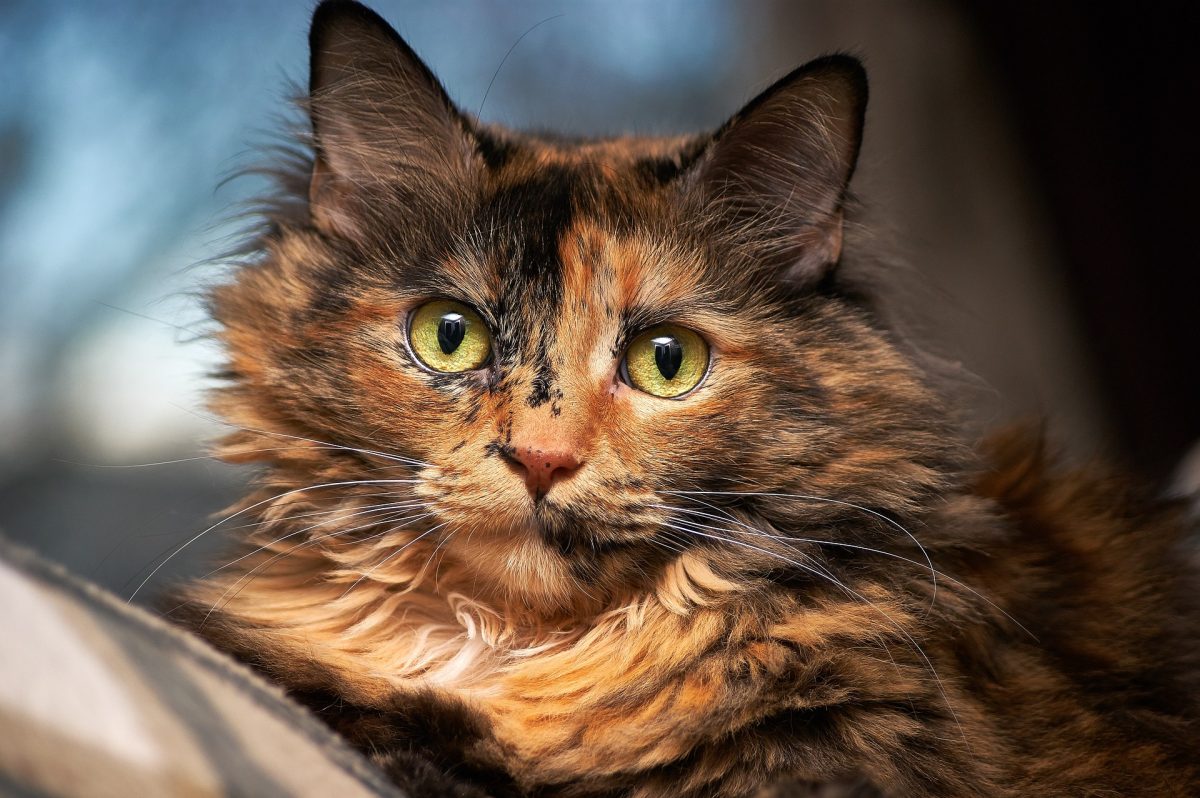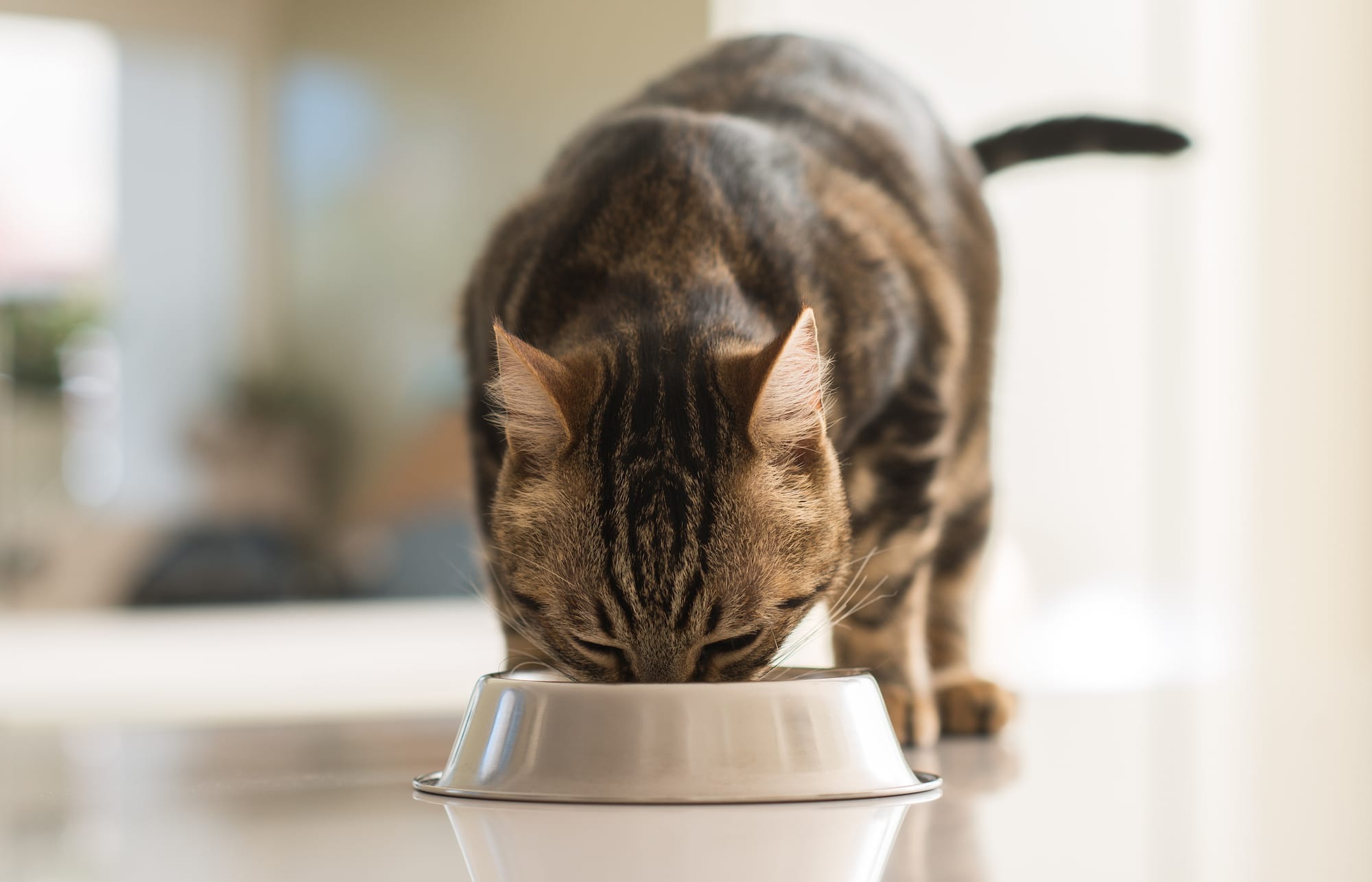Pancreatitis In Cats Life Expectancy
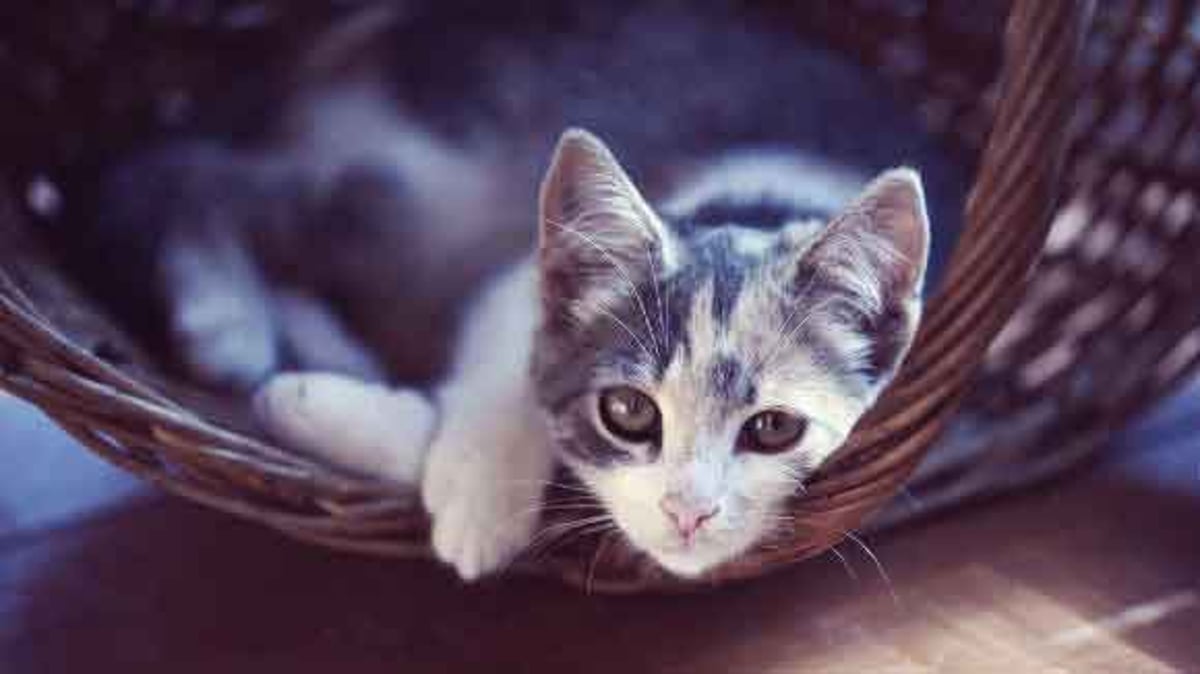
Unfortunately pancreatitis in cats is often chronic and will most likely recur over time.
Pancreatitis in cats life expectancy. For cats with chronic pancreatitis will. Cats with a mild case of pancreatitis can quickly recover and many times will not have a relapse for many years. Treatment will depend on the severity of the condition.
The pancreas is a critically important organ for digestion and the maintenance of healthy blood sugars. The prognosis for cats with pancreatitis can vary as widely as the clinical severity of the disease. Bile duct intestines liver or.
Conclusions and relevance The results of this study suggest that platynosomosis rarely induces pancreatic damage in cats. With severe hemorrhagic pancreatitis or if the cat is showing signs of systemic shock intensive care is necessary using aggressive doses of intravenous fluids and medications to counteract shock. It produces insulin and digestive enzymes.
Almost all cases of acute pancreatitis will require a lengthy hospitalization usually lasting two to four days as well as supportive nutritional and pain management treatments. The prognosis for acute pancreatitis depends on the severity of the disorder and the presence of pancreatic and systemic complications such as pancreatic abscesses infected necroses pancreatic pseudocysts and especially hepatic lipidosis. Any type of pancreatic insufficiency the failure of the pancreas to produce the enzymes and hormones for which it is responsible is serious and potentially fatal for your cat.
Also known as inflammation of the pancreas Pancreatitis is a common gastrointestinal disorder in cats in which the inflammation of the pancreas causes transfer of the digestive enzymes into the abdominal cavity. Pancreatitis in cats can be acute or chronic. Less than 50 of cats with pancreatitis have vomiting and abdominal pain as a symptom.
Life expectancy of the chronic feline pancreatitis patient depends on the severity of the disease other health issues affecting the cat and the age at diagnosis. Most of the time it is caused by improper nutrition of the pet. With only one exception chronic pancreatitis diagnosed in cats with fluke-induced cholangitis and cholangiohepatitis was subtle and interpreted as an incidental background lesion unrelated to platynosomosis.

